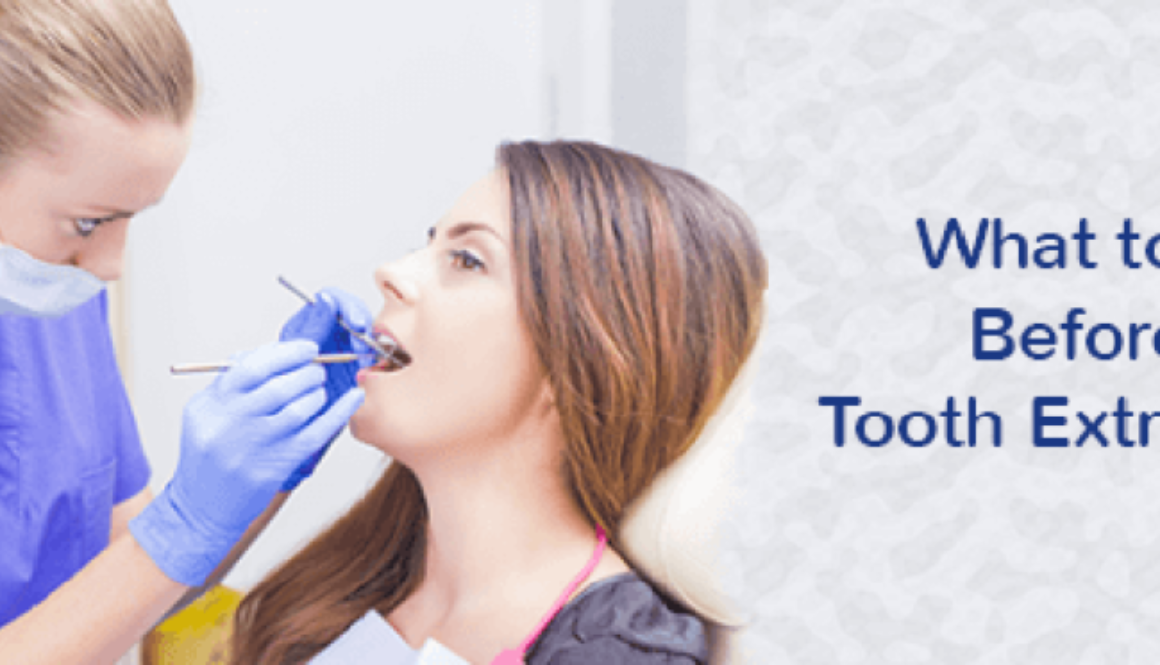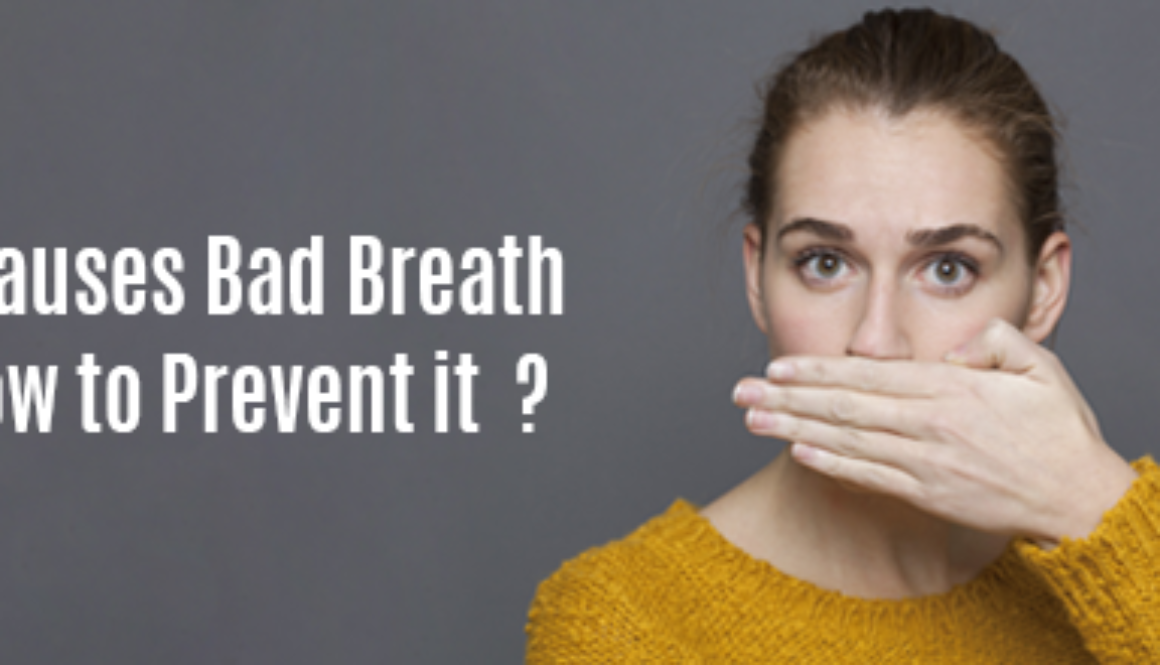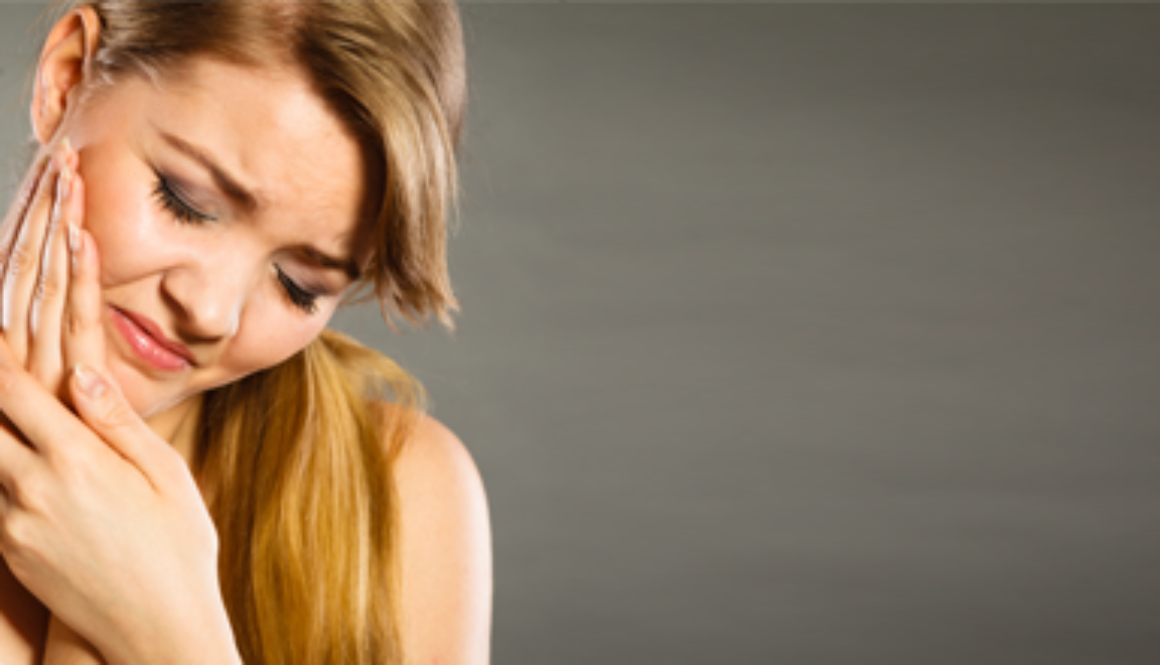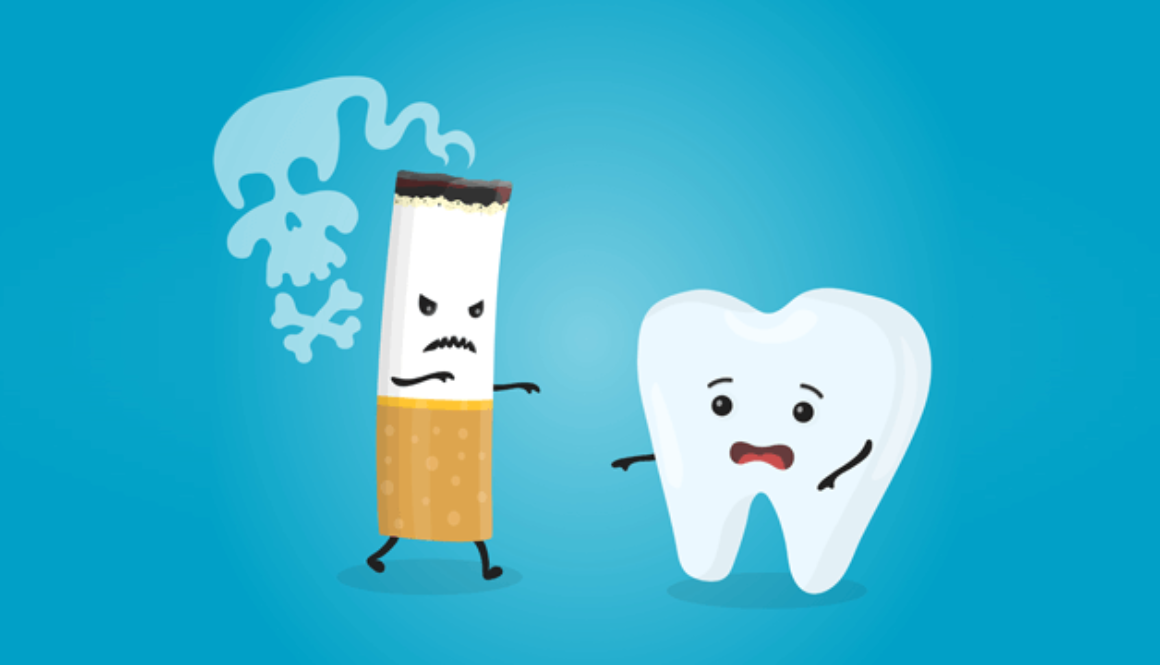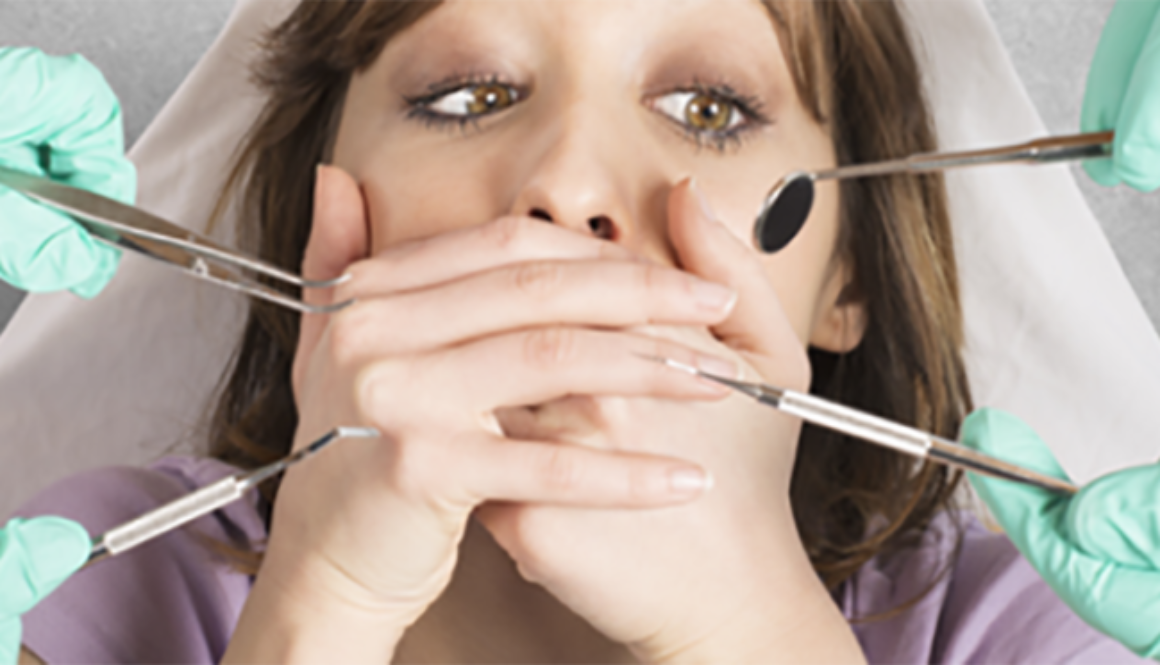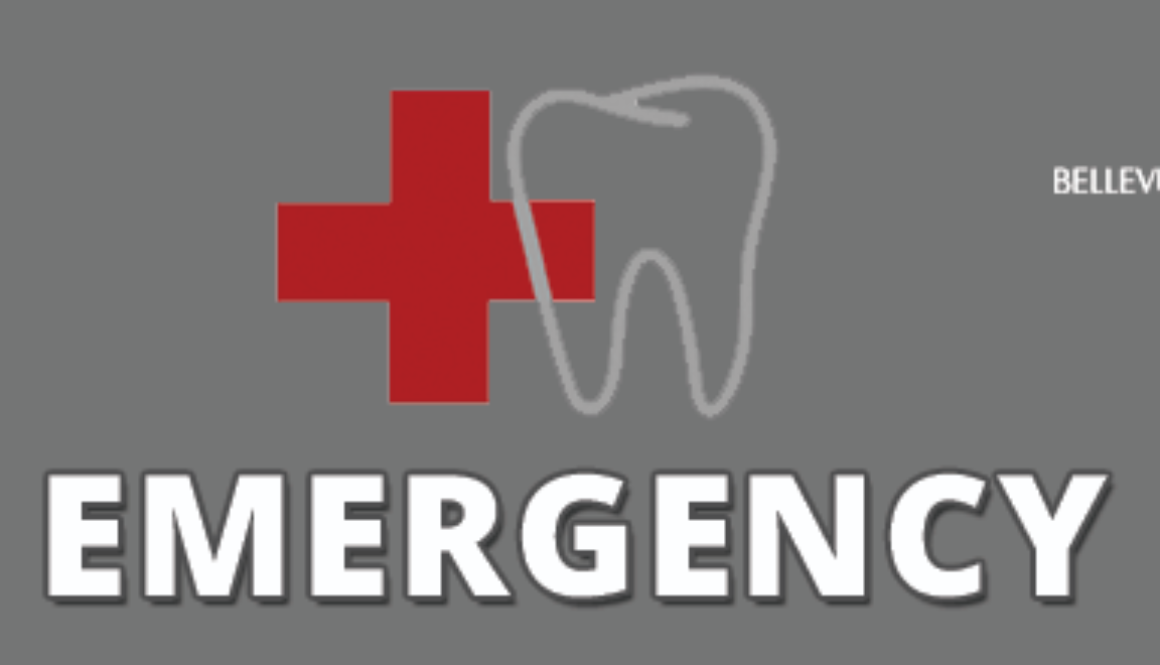Bad breath, also known as halitosis or malodor, can be embarrassing at best and crippling at worst. It can even ruin relationships. While most of us have bad breath at certain times, like when we get up in the mornings. Persistent bad breath is caused by a build-up of bacteria in your mouth throughout the day, leading to inflammation. This releases bad odors or gases that smell like sulfur or rotten eggs, or worse! In this article, we’ll talk about what causes bad breath and how to prevent it…
Causes of Bad Breath
While there are no statistics on what percentage of the population has bad breath, a considerable portion of the population has or will have bad breath at some time in their lives. The best way to find out if you have bad breath is too. Ask your friends or family members for feedback. This will help make you aware of the problem so you can figure out how best to address the problem.
Bad breath can occur due to several reasons. Studies show that 80% of bad breath comes from an oral source, that is, from something within your mouth and teeth. For instance, cavities or gum disease can lead to bad breath, as well as trapped food particles, cracked fillings, and unclean dentures.
Other medical reasons for bad breath include diabetes, liver disease, chronic bronchitis, and respiratory tract infections. Other causes also include acid reflux, postnasal drip, and chronic dry mouth.
How to prevent bad breath
There are several ways you can prevent bad breath. If you have medical reasons for your bad breath you should promptly treat those. However, if your bad breath is due to oral causes, here are a few things you can do…
1) Visit your dentist regularly: Keep your scheduled dental appointment once in six months, or at least, once a year. Good oral hygiene is key to fighting bad breath. Dentists recommend that you brush and floss at least twice daily to reduce the odor-causing bacteria in your mouth. Dentists may also recommend using an electric toothbrush since most electric toothbrushes have timers, which helps ensure that you brush your teeth for the right length of time. You can also use certain mouthwashes and mouth rinses that help fight cavities, remove plaque, and prevent bad breath. Additionally, you should use an antibacterial mouth rinse that kills bacteria, rather than simply using a cosmetic mouthwash that just focuses on freshening your breath.
2) Watch what you eat: What you eat affects your breath. This is because as your food is digested, it is absorbed into your bloodstream and is then expelled by your lungs when you breathe. You should concentrate on eating a healthy diet and balanced meals. Extreme fasting or very low-carb diets can trigger you bad breath as well. Raw carrots, celery, and apple slices are good to have, while odor-causing garlic and onions should be eaten in modest quantities.
3) Drink a lot of water: Drinking a lot of water can clean the debris in your mouth or between your teeth. Drinking a lot of milk can also reduce bad breath. You should, however, avoid sugary and carbonated drinks.
4) Don’t drink too much coffee: While coffee can be a great pick-me-up, its smell can be difficult to get out of your mouth. Instead of coffee, consider drinking herbal or green teas. However, the tannin in tea is also known to stain teeth, so its best to drink both coffee and tea in moderation.
5) Don’t smoke or use other tobacco products: Cigarettes, cigars, pipes, and snuff can cause terrible bad breath. And this lasts for hours, sometimes even continually. In some people, it is worse than in others.
6) Cut back on alcohol Intake: Alcohol can lead to a dry mouth, also called xerostomia. This is one of the causes of bad breath. Too much wine, beer, and hard liquor can cause bad breath for eight to ten hours after you finish drinking.
7) Chew sugarless gum: Chewing sugarless gum about 20 minutes after a meal can increase the flow of saliva in your mouth, thereby helping to clean debris, bacteria, and plaque, all of which cause bad breath. Not only is this cleansing, but it can also fight cavities.
8) Use breath mints carefully: Sugar-free mints are great for a quick fix, but they mask bad breath and do nothing to remove harmful bacteria. In fact, if you eat breath mints regularly, the sugar in the mints can remain in your mouth and teeth, and worsen your bad breath.
These are some of the causes of bad breath and ways treat it. At Bellevue Dental Health, we can advise patients on how to prevent bad breath and also how to treat it effectively. With regular dental visits, and good oral care you can nip the problem of bad breath in the bud and prevent it from getting out of hand.
The team at Bellevue Dental Health takes the time to understand your oral health concerns and will treat you holistically with personalized care. So, the next time you think you need a professional dental cleaning or treatment, visit Dr. Libbi Finnessy at Bellevue Dental Health for the best and most caring treatment for your teeth.
For more information about preventing and treating bad breath, contact Dr. Libbi Finnessy of Bellevue Dental Health at 425-641-3311 or at contact@bellevuedentalhealth.com or visit our website at www.bellevuedentalhealth.com.

